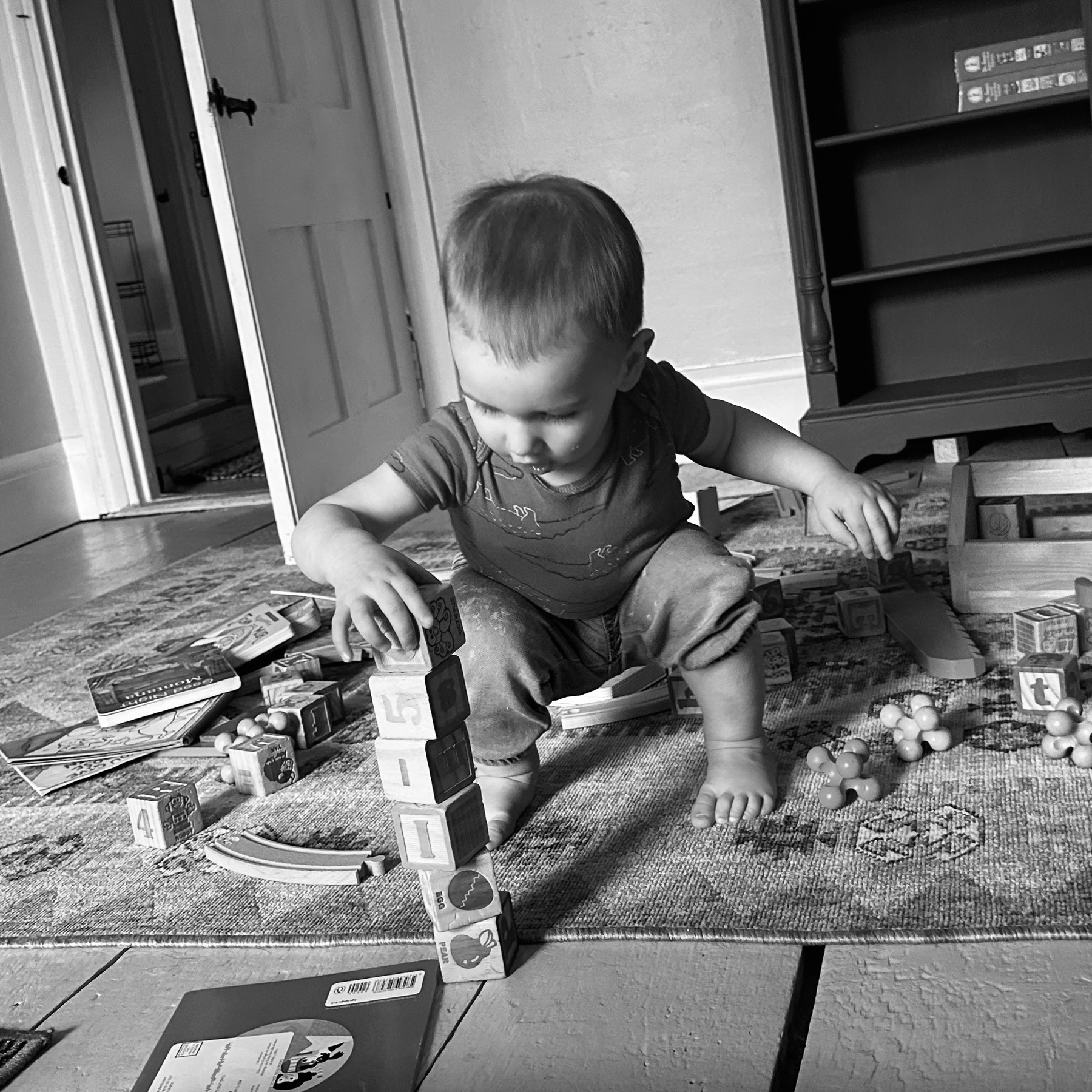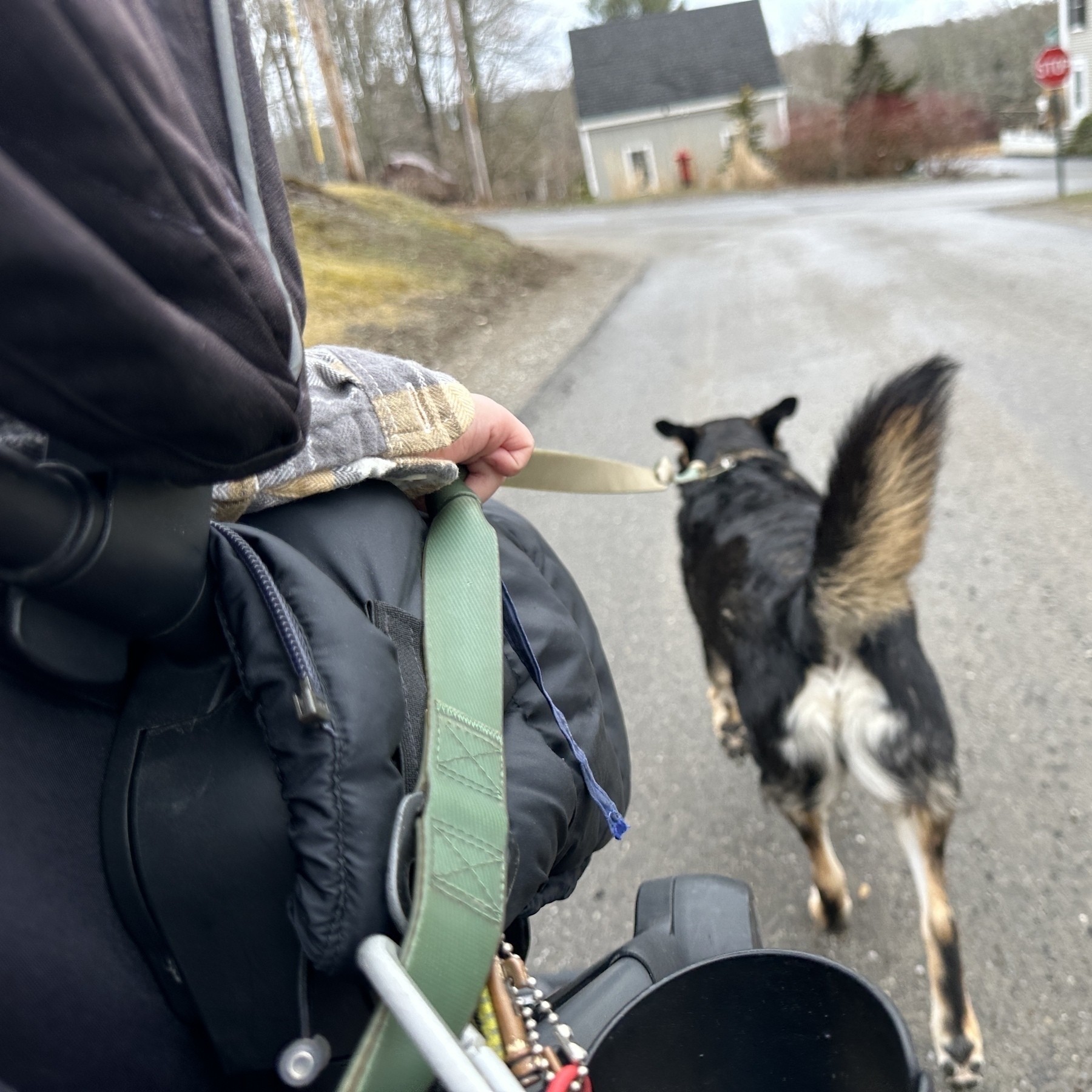“Epistemological Slop” (Take 2 on the previous post)
Although the importance of Google’s search engine has declined in recent years, it remains the world’s most important epistemological tool — the first place many people go to get answers to their questions and fill gaps in their knowledge. Google is now giving precedence in its search results to a chatbot that it knows is unreliable — that it knows spreads lies. That strikes me as being deeply unethical — and a sad testament to how far Google has fallen from its founding ideals.
If the world is sane, then Jesus is mad as a hatter and the Last Supper is the Mad Tea Party. The world says, Mind your own business, and Jesus says, There is no such thing as your own business. The world says, Follow the wisest course and be a success, and Jesus says, Follow me and be crucified. The world says, Drive carefully—the life you save may be your own—and Jesus says, Whoever would save his life will lose it, and whoever loses his life for my sake will find it. The world says, Law and order, and Jesus says, Love. The world says, Get and Jesus says, Give. In terms of the world’s sanity, Jesus is crazy as a coot, and anybody who thinks he can follow him without being a little crazy too is laboring less under a cross than under a delusion.
most people are just stealing cows, or: bang, bang, bang, bang

Journalists have an expression: MEGO, meaning My Eyes Glaze Over. It stands for worthy and important subjects that people regard as too dull to think about. Water supply seems to be the essence of MEGO. Fixing urban networks is so expensive, time-consuming, and invisible to the public that governments historically have been unwilling to pay attention unless forced by disaster.
Growing demand, increasingly severe droughts, and, above all, aging infrastructure are testing their limits. Almost half a million miles of pipe in North America is nearing the end of its useful life and will need to be replaced soon. Equally in need of upgrades are the thousands of treatment plants built in the 1970s.… History suggests that the systems will not be maintained until there are several disasters. But the disasters could be avoided if voters understood the importance of their water supply, and made clean water a priority.
Everyone involved knew their roles in this drama by heart, and fell right into them with gusto.
A brief, fascinating look at one “microcosm of the larger dynamic” of Trump 2.0 from Yuval Levin.
At the root of the contempt in which Donald Trump and his team hold many of the core institutions of our society is not how they view those various other actors but how they view themselves. The president and those around him appear to understand themselves as outsiders fighting the government, not as insiders running it.
